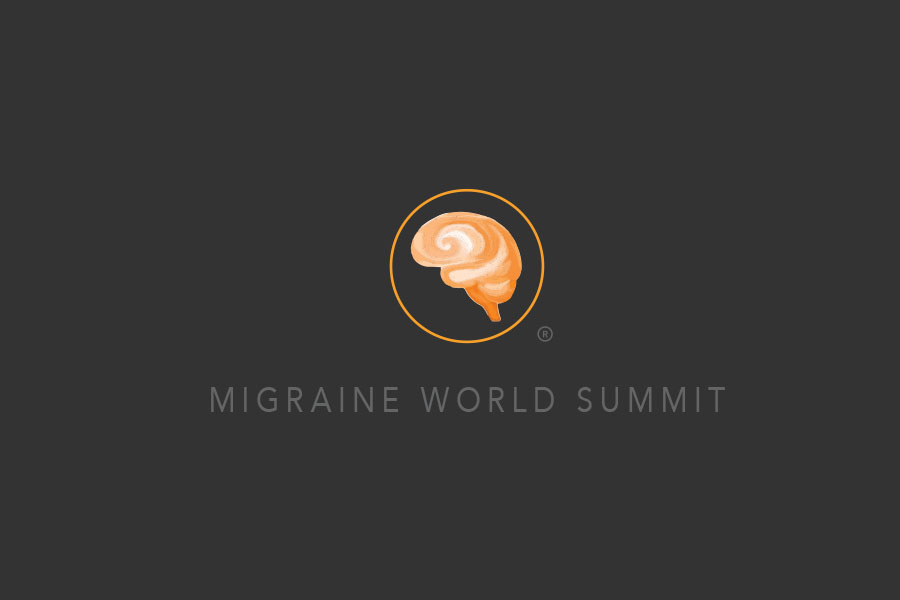Carl Cincinnato
There are few things in migraine and headache that can be both a trigger and a treatment. Sleep is one of them. Sleep plays a critical role in our health and in our migraine or headache disorder. We’ve all heard about the importance of sleep but many of us still struggle with sleep each night. Dr. Christine Lay is an internationally acknowledged headache expert and one of the very few neurologists in Canada with a board certification in headache medicine. Dr. Lay is also the author of several publications in international peer-reviewed journals.
Can sleep be both a trigger and a method of treatment for those with migraine?
Dr. Lay: “Yes, it’s very, very complex and I think, for many patients, it’s very frustrating
because as a migraineur, you know that a good sleep is one of the best remedies for turning off a bad migraine attack, and yet, if you sleep in on a weekend or you don’t get enough sleep, then you’re much more vulnerable to triggering a headache. And we don’t fully understand how that relationship comes to be, but we do know a lot more about sleep and its role in perpetuating and helping migraine.”
Why is sleep especially important for someone who has migraine?
Dr. Lay: “A lot of science has been done and we know that someone with migraine, for example, is much more likely to have comorbid insomnia. It’s probably the most common sleep disorder associated with migraine patients. So, that might be difficulty falling asleep — so patients get into bed, they toss, they turn, they can’t get out of bed. Or, once they do fall asleep, they don’t have good sleep maintenance — they’re awake, they’re up, they’re looking at the clock, they go to the bathroom, and then they’re back to bed. So, insomnia is a very common problem with migraine and we know that the two are linked. If you have a migraine patient that you can get to sleep better, it’s probably one of the best treatments for their migraine. And if you look at someone who does have insomnia, probably the best treatment, way ahead of medications, is looking at cognitive behavioral therapy for insomnia, which looks at a few things: stimulus control — what are the stimulating things in the environment? — and then what we call sleep restriction.”
Can a migraine attack be more painful for someone who lacks quality sleep?
Dr. Lay: “So, over time, migraine patients who don’t sleep well are more vulnerable to terrible attacks than someone who is sleeping well. And that’s why, as I had mentioned earlier, that one of the first things we look at when we’re managing a patient is: How’s your sleep? And let’s look at sleep because, as I said, it’s a nondrug opportunity to really advance yourself to feel better, to feel well, and to have fewer migraine attacks.”
Watch the full interview to find out:
Can poor sleep make you more prone to dementia?
Why is sleep so important to our overall health?
What does the brain do while we are sleeping?
What are some of the consequences of an ongoing sleep deficit?
If we miss out on sleep during the week, is it effective to “catch up” on the weekend?
How do you know if you’re getting enough sleep at night?
What is early morning migraine?
What are some things we can do to improve our overall sleep habits?
What is ferritin and how does it impact our sleep?
Are there foods that can actually help you sleep better?
What is migraine recurrence?
Can a lack of sleep affect the effectiveness of our medications and treatments?
Watch Dr. Christine Lay’s interview preview here or order it as part of the Migraine World Summit package from this page.
If you previously purchased the 2019 Migraine World Summit, you are all set to login to watch the full interview.
Posted in: Migraine Education





